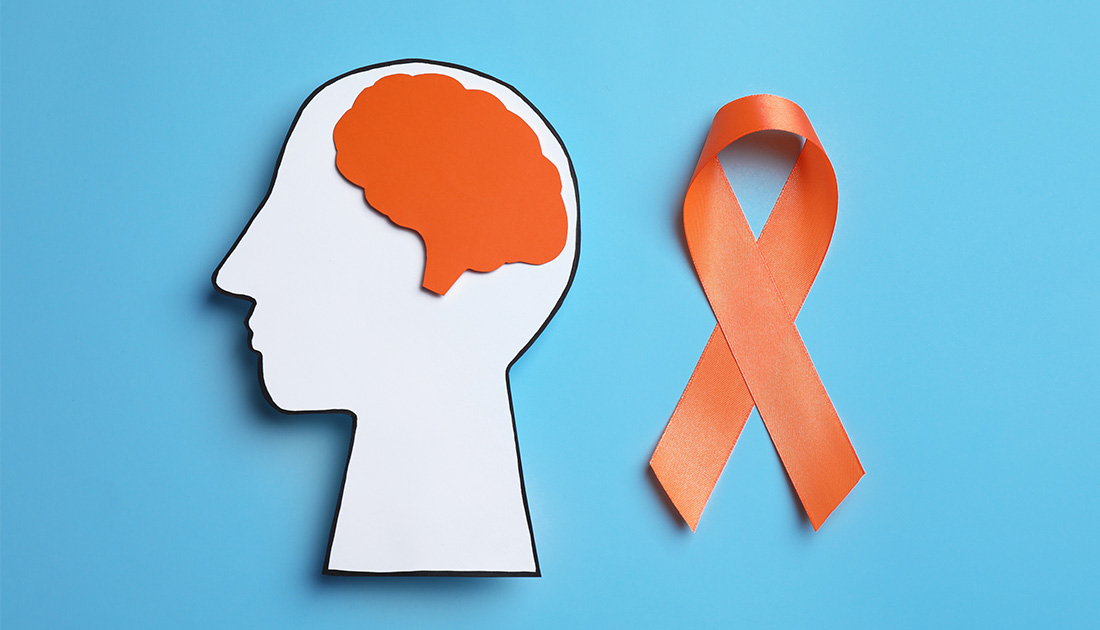
Everyone has opinions and perceptions, but sometimes we don’t realize how much verbalizing them can impact those around us. Mental health is one area where opinions are quick to rise and oftentimes hard to handle. Since October is National ADHD Awareness Month, we want to do our part to provide accurate information about what living with ADHD is truly like and hopefully help remove the stigma surrounding ADHD.
What is ADHD Stigma?
In general, stigma exists when there is a negative connotation associated with a characteristic or circumstance and can often arise from misinformation or ignorance on the subject.
Those with ADHD deal with symptoms like inattention, emotional dysregulation, and hyperactivity, which can often be perceived by others as lack of discipline, immaturity, or rudeness. Relationships, jobs, or school may be a challenge to navigate because of this perception, and it can also impact how those with ADHD view themselves, which is known as internal stigma.
There are many misbeliefs attached to ADHD that can perpetuate stigma, and it’s so important that we learn what it truly means to live with ADHD and not rely on the “oh shiny” stereotypes we see portrayed in the media.
Common Misconceptions about ADHD:
- • ADHD is not real.
- • ADHD is caused by bad parenting methods.
- • Doctors over-diagnose or over-medicate.
- • ADHD is just hyper or undisciplined kids.
The main thing we want to recognize is that an ADHD brain does have notable differences from that of a neurotypical brain.
"The results from our study confirm that people with ADHD have differences in their brain structure and therefore suggest that ADHD is a disorder of the brain. We hope that this will help to reduce stigma that ADHD is ‘just a label’ for difficult children or caused by poor parenting. This is definitely not the case, and we hope that this work will contribute to a better understanding of the disorder." -Dr. Martine Hoogman
Long-Reaching Impact of Stigma
Stigma can also create fear. Fear of being rejected, judged, or “labeled” often leads parents or individuals not to seek a diagnosis when they are dealing with ADHD-like symptoms. All this really does is hurt the individual as they try to navigate life without the knowledge and help they need. Untreated ADHD can lead to other difficulties such as anxiety, depression, low self-esteem, etc.
Even when you have been diagnosed with ADHD, there are still questions to combat that everyone has a different opinion about. Should you medicate or not? Should you have an IEP for your child? Do you tell potential employers? Ultimately, it is the choice of the individual or caregiver as to what is best in their unique situation, and they need not be judged for that decision. When judgement stops, freedom begins.
How Do We Overcome Stigma?
It’s a lot, huh? So many opinions, so many people impacted. But how do we change this? Little by little! If you’re not bold enough yet to be proud of ADHD, don’t be ashamed of it. Each person we educate about the truth of ADHD reduces the impact of stigma in our society. By spreading awareness and genuine care for others, we can help those dealing with ADHD live their best lives.
So be you! And share your stories with others around you!
Want to share your story with us? We’d love to hear about it!
References:
Lovering, N. (2022, April 28). Breaking Down the Stigma Surrounding ADHD. Healthline. Retrieved October 10, 2022, from https://www.healthline.com/health/adhd/stigma
Paddock, C., PhD. (2017, February 16). ADHD: Large imaging study confirms differences in several brain regions. Retrieved October 10, 2022, from https://www.medicalnewstoday.com/articles/315884

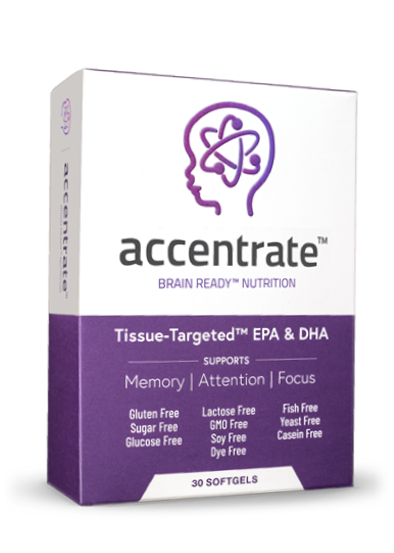
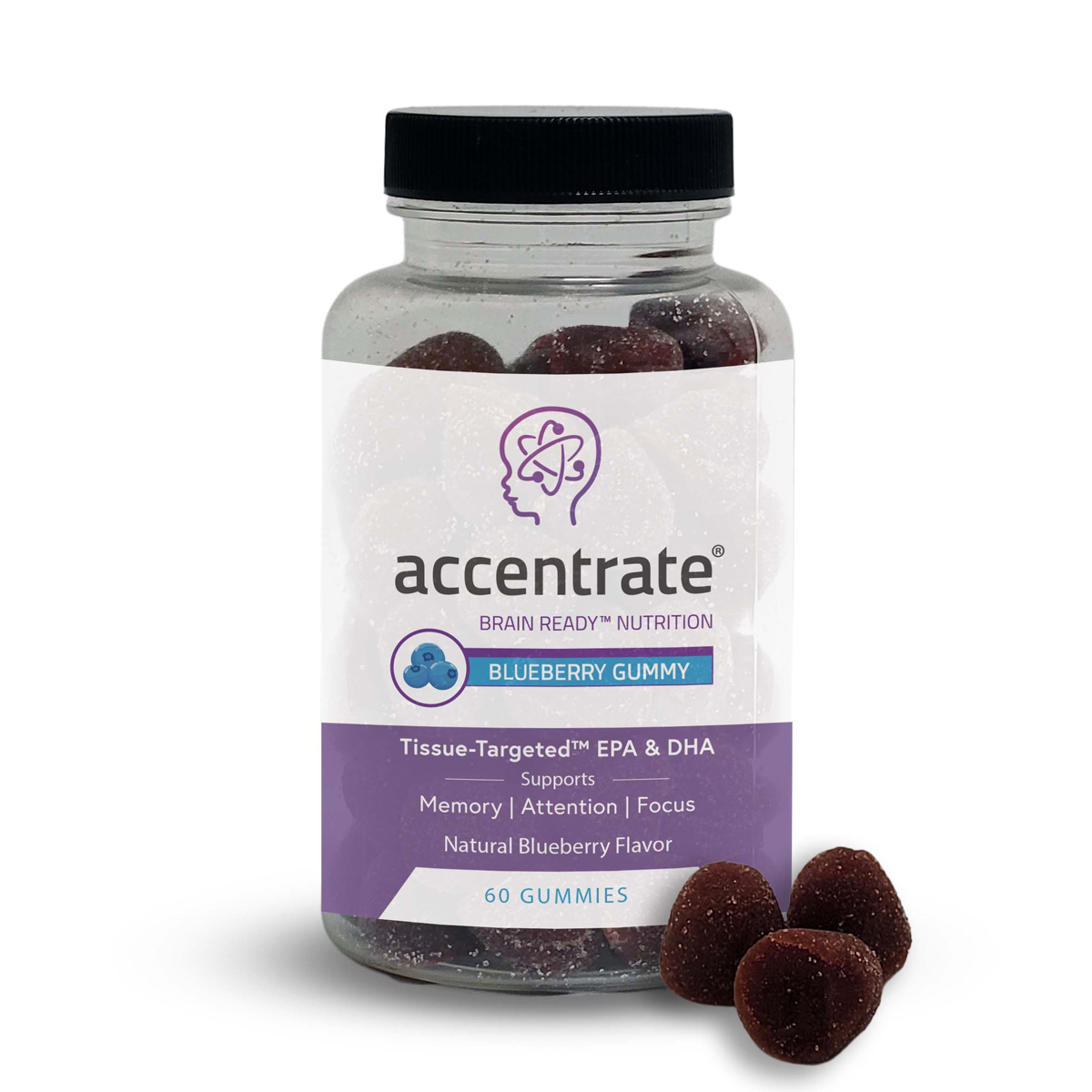
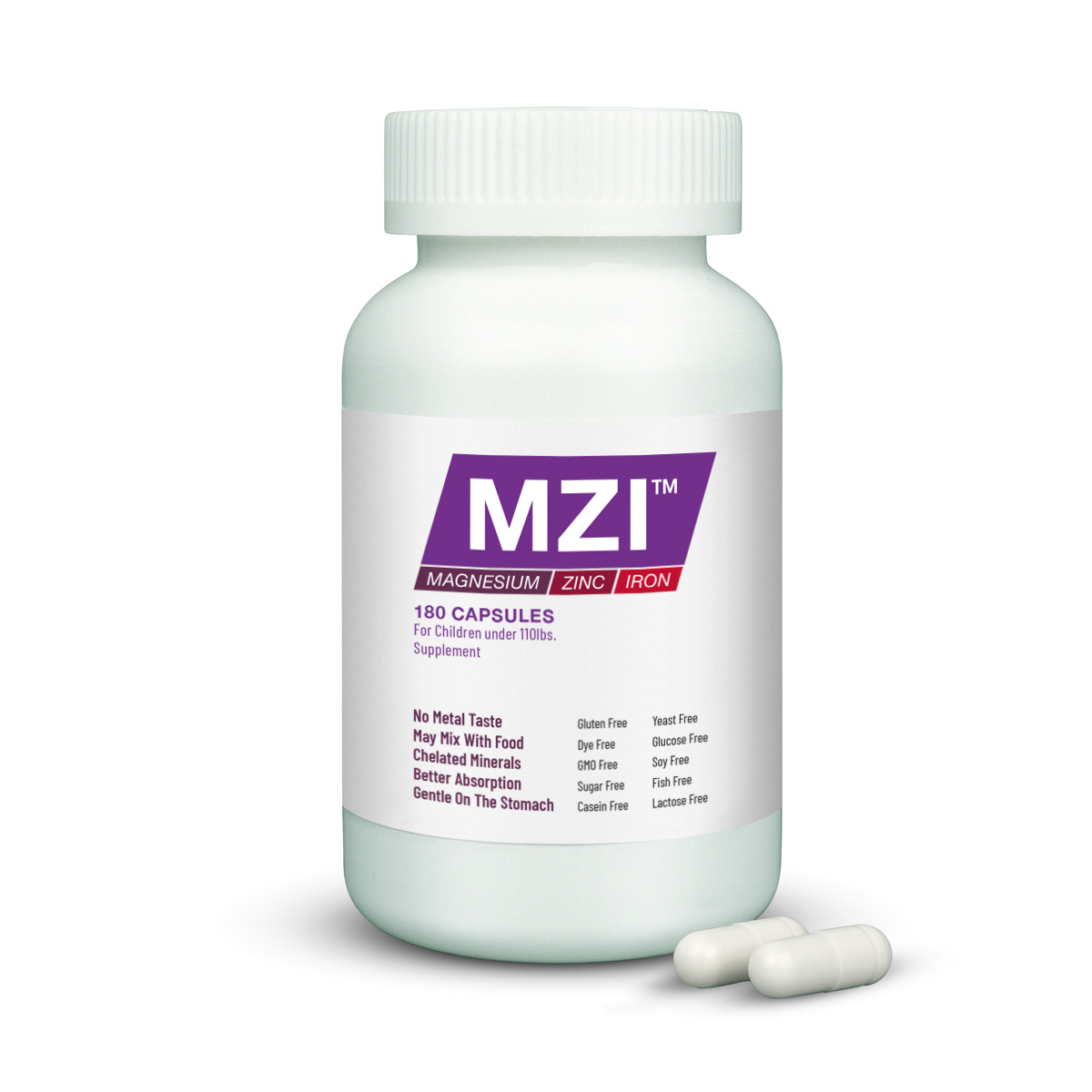
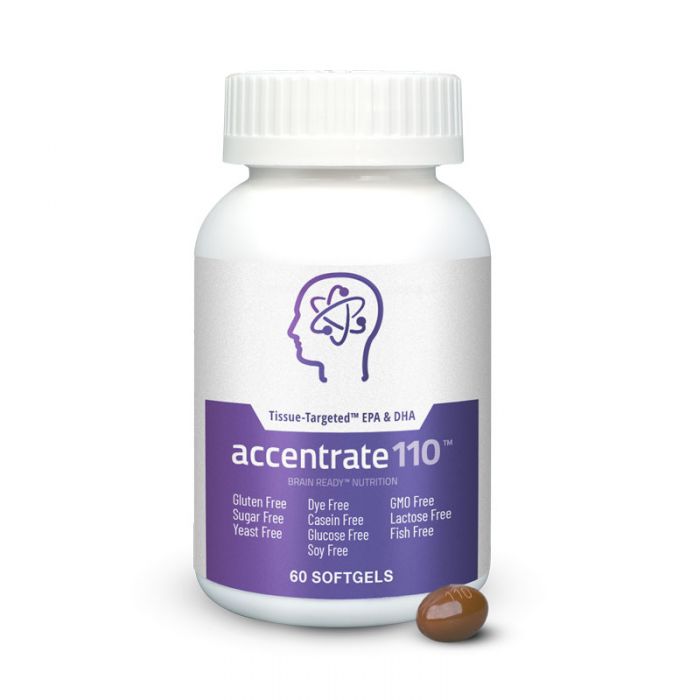
 39 Reviews
39 Reviews
